I have seen a flood of verification announcements around directly reading product specs through LLM methods, and from there directly generating test plans and test suite content to drive verification. Conceptually automating this step makes a lot of sense. Carefully interpreting such specs even today is a largely manual task,… Read More
Author: Bernard Murphy
A Principled AI Path to Spec-Driven Verification
A Quick Tour Through Prompt Engineering as it Might Apply to Debug
The immediate appeal of large language models (LLMs) is that you can ask any question using natural language in the same way you would ask an expert, and it will provide an answer. Unfortunately, that answer may be useful only in simple cases. When posing a question we often implicitly assume significant context and skate over ambiguities.… Read More
What is Vibe Coding and Should You Care?
This isn’t a deep article. I only want to help head off possible confusion over this term. I have recently seen “vibe coding” pop up in discussions around AI for code generation. The name is media-friendly giving it some stickiness in the larger non-technical world, always a concern when it comes to anything AI. The original intent… Read More
Prompt Engineering for Security: Innovation in Verification
We have a shortage of reference designs to test detection of security vulnerabilities. An LLM-based method demonstrates how to fix that problem with structured prompt engineering. Paul Cunningham (GM, Verification at Cadence), Raúl Camposano (Silicon Catalyst, entrepreneur, former Synopsys CTO and lecturer at Stanford,… Read More
Siemens Proposes Unified Static and Formal Verification with AI
Given my SpyGlass background I always keep an eye out for new ideas that might be emerging in static and formal verification. Whatever can be covered through stimulus-free analysis reduces time that needn’t be wasted in dynamic analysis, also adding certainty to coverage across that range. Still, advances don’t come easily. … Read More
A Quick Look at Agentic/Generative AI in Software Engineering
Agentic methods are hot right now since single LLM models seem limited to point tool applications. Each such application is impressive but still a single step in the more complex chain of reasoning tasks we want to automate, where agentic methods should shine. I have been hearing that software engineering (SWE) teams are advancing… Read More
Insider Opinions on AI in EDA. Accellera Panel at DAC
In AI it is easy to be distracted by hype and miss the real advances in technology and adoption that are making a difference today. Accellera hosted a panel at DAC on just this topic, moderated by Daniel Nenni (Mr. SemiWiki). Panelists were: Chuck Alpert, Cadence’s AI Fellow driving cross-functional Agentic AI solutions throughout… Read More
ChipAgents Tackles Debug. This is Important
Innovation is never ending in verification, for performance, coverage, connection to verification plans and other aspects of DV. But debug, accounting for 40% of the verification cycle, has remained stubbornly resistant to significant automation. Debug IDEs help to visualize but don’t address the core problem: given a failure,… Read More
Reachability in Analog and AMS. Innovation in Verification
Can a combination of learning-based surrogate models plus reachability analysis provide first pass insight into extrema in circuit behavior more quickly than would be practical through Monte-Carlo analysis? Paul Cunningham (GM, Verification at Cadence), Raúl Camposano (Silicon Catalyst, entrepreneur, former Synopsys… Read More
IP Surgery and the Redundant Logic Problem
It’s now difficult to remember when we didn’t reuse our own IP and didn’t have access to extensive catalogs of commercial IP. But reuse comes with a downside – without modification we can’t finetune IP specs to exactly what we want in a current design. We’re contractually limited in how we can adapt commercial IP, however vendors … Read More


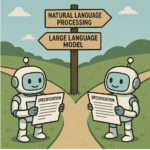





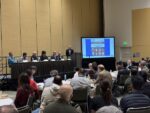




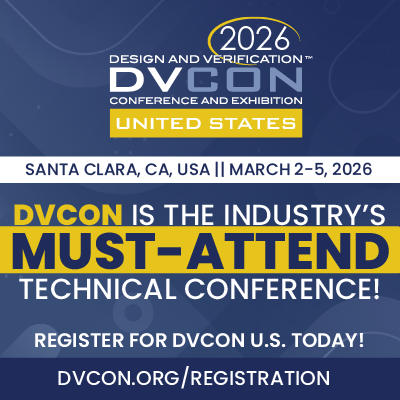
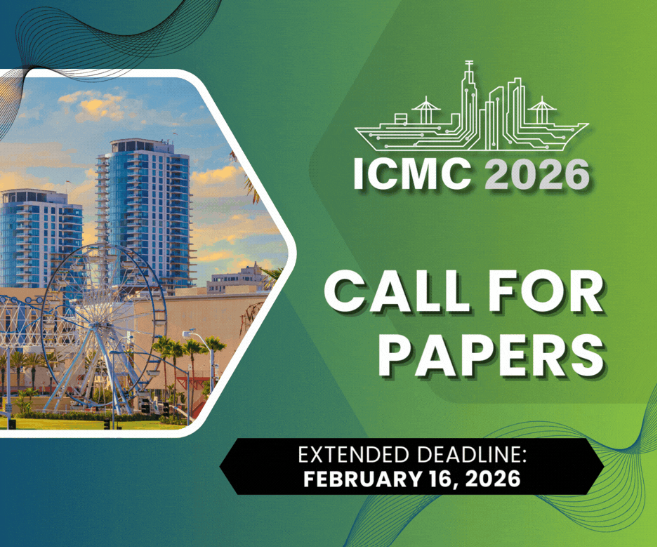




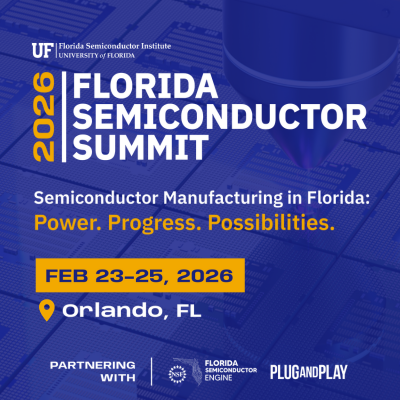
TSMC vs Intel Foundry vs Samsung Foundry 2026